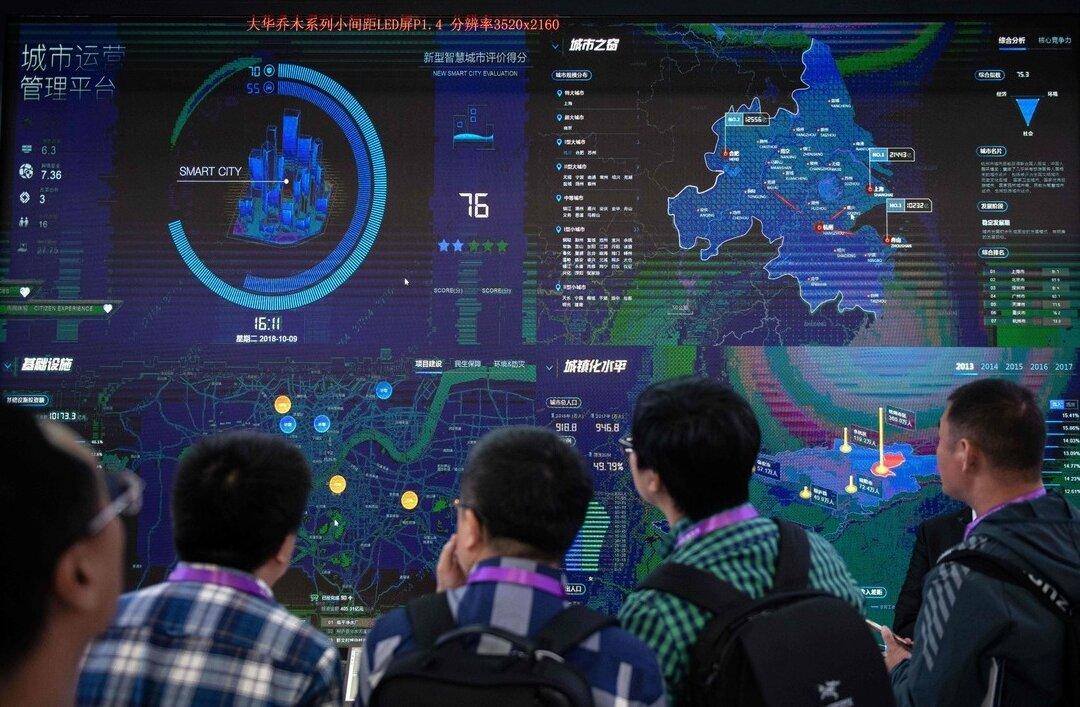China’s communist regime is investing in new ways to exploit open-source intelligence (OSINT) to undermine the United States and gain military advantage, according to a new report.
The Chinese Communist Party (CCP), which rules China as a single-party state, is contracting new research and analysis services to compile actionable intelligence from publicly available sources throughout the world, the report (pdf) states.




